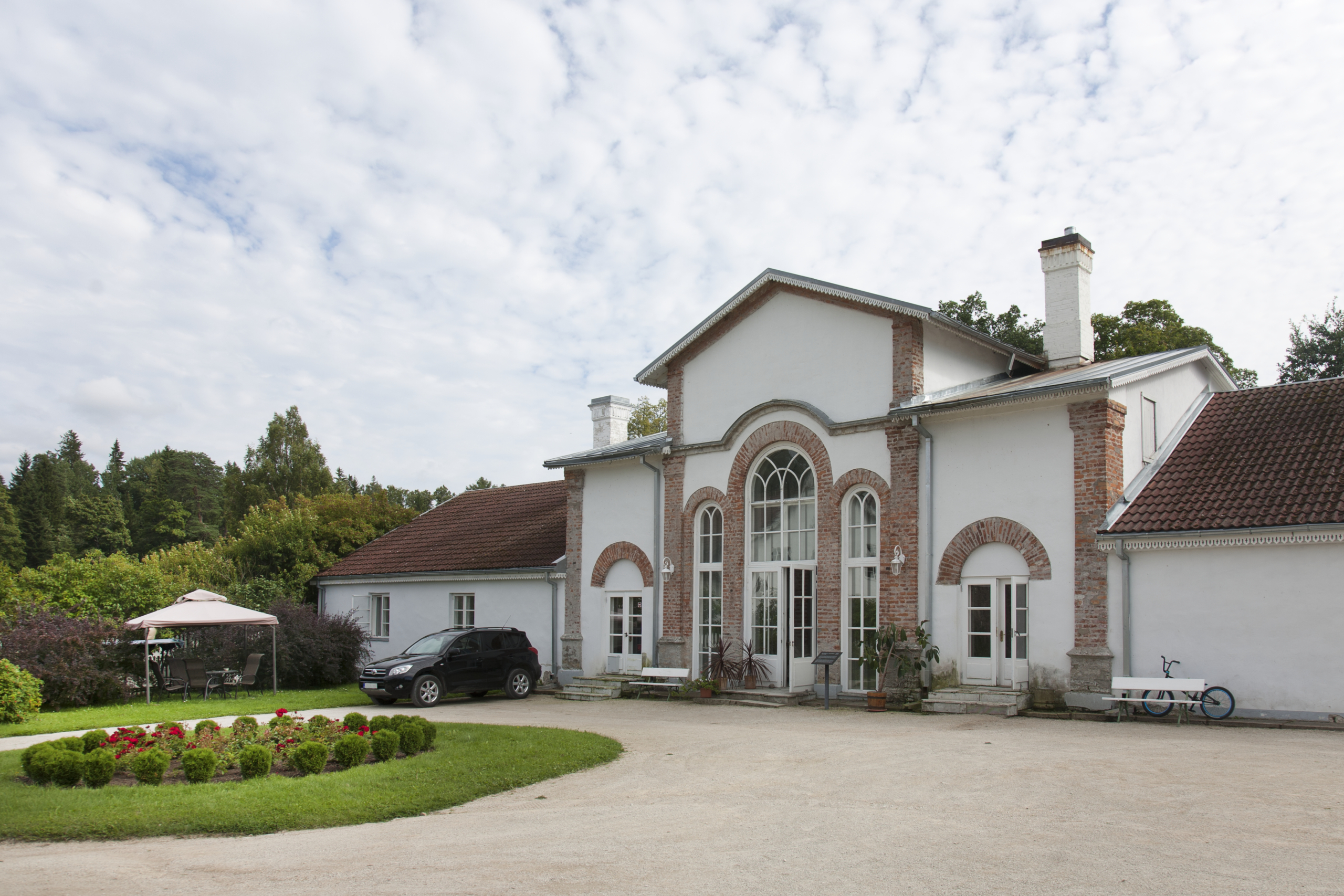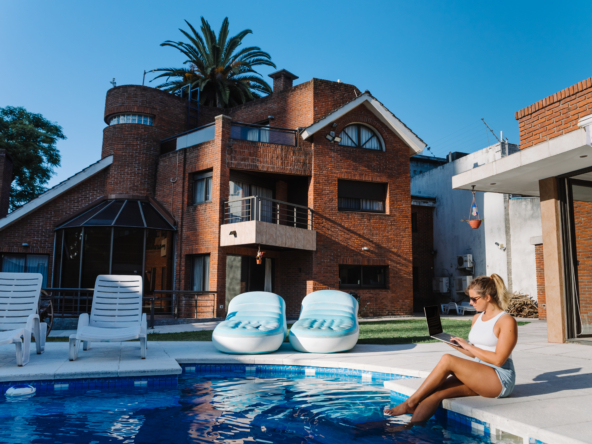Introduction
When it comes to real estate investments, buyers often face a critical decision: should they invest in luxury properties or opt for traditional real estate? As we step into 2025, the global economy, changing consumer preferences, and emerging trends are reshaping the real estate landscape. Understanding the benefits and risks associated with both investment types is essential for making an informed decision.1. Understanding Luxury Real Estate Investments
Luxury real estate refers to high-end properties in prime locations, offering exclusive amenities, superior architecture, and top-tier services. These properties are often sought after by high-net-worth individuals (HNWIs) and international investors looking for prestige, exclusivity, and financial returns.Advantages of Investing in Luxury Real Estate:
- High Resale Value: Luxury properties tend to appreciate in value over time, particularly in prime locations.
- Resilient Market Demand: The ultra-rich continue to seek exclusive properties, ensuring consistent demand.
- Premium Rental Income: High-end properties attract tenants willing to pay premium rents.
- Exclusive Amenities: Smart home technologies, sustainability features, and concierge services add to the property’s value.
Potential Risks:
- Market Volatility: Luxury properties can be sensitive to economic downturns.
- High Entry Cost: The initial investment is significantly higher compared to traditional properties.
- Longer Selling Periods: Finding the right buyer for a high-end property can take longer.
2. Traditional Real Estate Investments: A Safe and Stable Choice?
Traditional real estate includes mid-range residential homes, commercial spaces, and rental properties catering to the general market. This segment is often considered a safer and more accessible investment option.Advantages of Traditional Real Estate:
- Steady Appreciation: Traditional properties typically experience consistent growth in value.
- Lower Financial Barriers: More affordable entry points compared to luxury real estate.
- Wider Market Appeal: Easier to sell and rent out due to broader demand.
- Stable Rental Income: Long-term rental properties offer consistent cash flow.
Potential Risks:
- Moderate Returns: Traditional properties may not offer as high returns as luxury investments.
- Market Saturation: Higher competition can affect pricing and demand.
- Economic Dependence: Traditional real estate is more influenced by economic factors like interest rates and employment levels.
3. Which Investment Offers Higher Returns in 2025?
The return on investment (ROI) for both luxury and traditional real estate depends on several factors, including location, economic conditions, and property demand.Key Market Insights for 2025:
- Luxury real estate markets in cities like Dubai, New York, and London continue to thrive.
- Sustainable and smart properties attract premium buyers.
- Traditional properties in emerging economies offer stable yet moderate returns.
- Real estate tax incentives and government policies can influence profitability.
4. Making the Right Investment Decision
Choosing between luxury and traditional real estate ultimately depends on your financial goals, risk tolerance, and investment strategy.Expert Tips for 2025:
- For High Returns: Invest in luxury real estate in prime locations with high demand.
- For Stability: Opt for traditional rental properties in economically stable regions.
- For Diversification: Consider a mix of both luxury and traditional properties to balance risk and reward.
Conclusion
Both luxury and traditional real estate have their advantages and challenges. While luxury properties offer high returns and prestige, traditional real estate provides stability and affordability. Investors must analyze market trends, financial goals, and risk factors before making a decision.Ready to Invest in a Luxury Residence?
Contact our expert team today to explore the best opportunities in the global luxury real estate market. Don’t miss out on securing your dream home or investment property in 2025!



